CURRENT FELLOWS
About our current fellows
The Obert C. and Grace A. Tanner Humanities Center offers fellowships for graduate students and faculty from the University of Utah and other institutions. Fellowships include participation in our Works-in-Progress workshops and presentations.
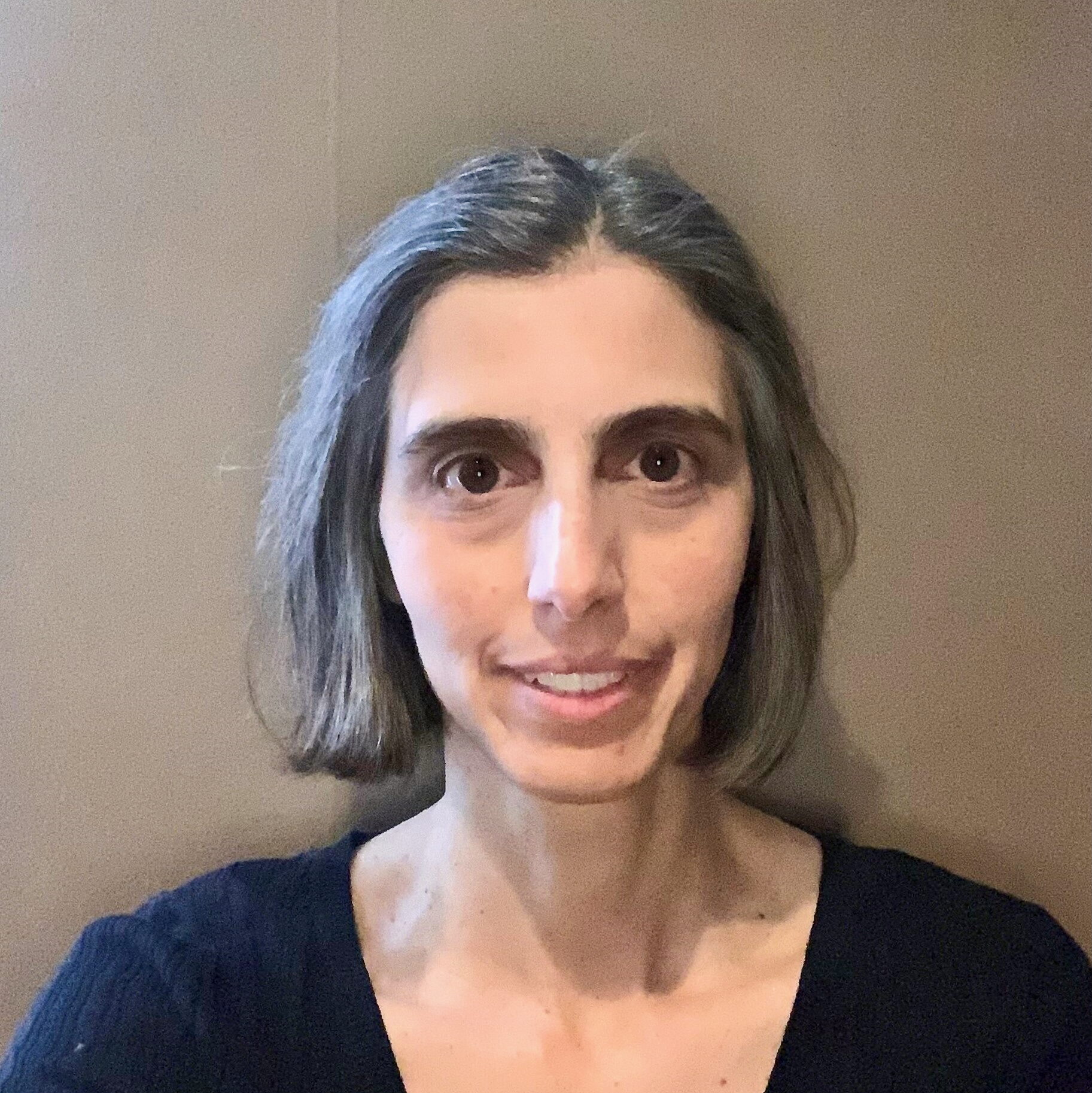
Virgil C. Aldrich Faculty Fellowship

As a participant of the Population-Level Bioethics retreat and consultation for the Lancet Commission on 21st Century Threats to Global Health, I was faced with the question of how we should understand and respond to some of the most pressing health problems facing our world today. The related follow-up research project I will be working on as a Tanner Fellow explores how progress toward better health is often impeded by a disproportionate focus on the contrast between the “committed immoderate” and the purely unlucky victim of poor health. In practice, many of our pervasive health problems fall through the cracks of this distinction. As part of this project, I will consider the upshot of my reasoning in terms of how best to recognize the significance of personal responsibility for health without overemphasizing it or coupling it with a punitive interpretation. I will delineate a way of coupling it instead with more ethical and effective empowering measures that everyone can benefit from given our shared susceptibility to sometimes stumbling into the pitfalls of extremely common structurally challenging choice situations.
Chrisoula Andreou (Ph.D., University of Pittsburgh) is a Professor in the Philosophy Department at the University of Utah and an Executive Editor of the Canadian Journal of Philosophy. Her current research projects lie in the areas of Practical Reasoning, Action Theory, Ethical Theory, and Applied Ethics. Her most recent book, Choosing Well: The Good, the Bad, and the Trivial (Oxford University Press, 2023) focuses on rationality, irrationality, and the challenges associated with effective choice over time given choice situations and preference structures that can prompt self-defeating patterns of choice.
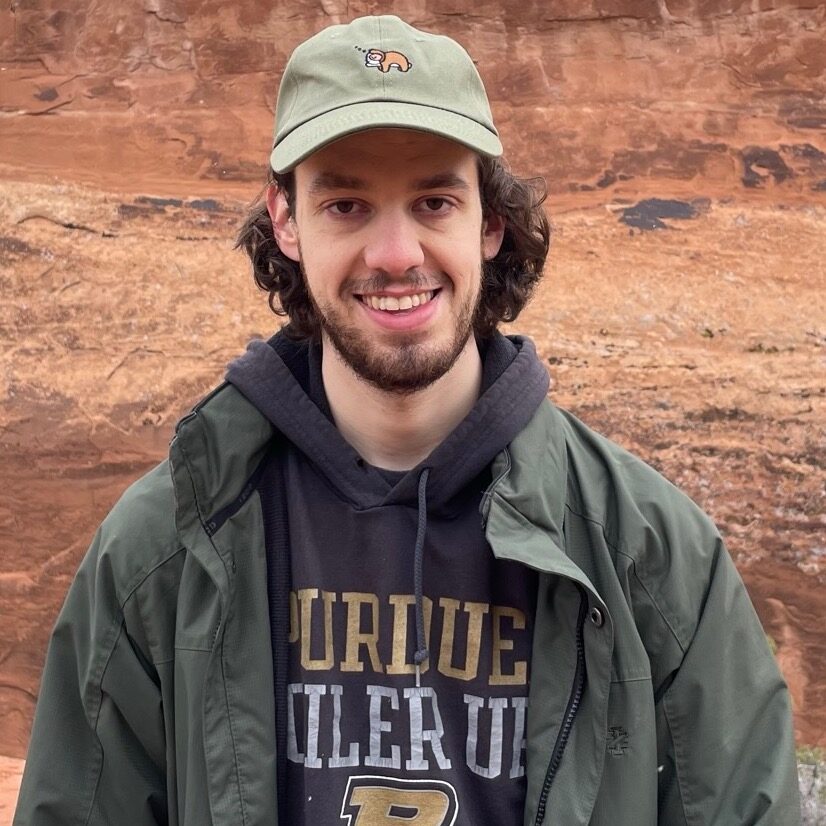
Virgil C. Aldrich Faculty Fellowship

Linguists have frequently returned to the idea that linguistic theory in many ways reflects the challenge of language acquisition: linguist and child alike develop, from a limited linguistic experience, a system of generalizations that constitutes an explanatory hypothesis about the grammar underlying that linguistic input. The extent to which this parallel is appropriate depends on our understanding of how linguistic theories develop and language acquisition happens; the answer to these questions has implications for our understanding of scientific explanation. This project investigates, in parallel, the acquisition of tonal languages—which make use of differences in pitch to encode different words—and a pivotal moment in the history of linguistics that occurred as linguists attempted to understand several apparently puzzling phenomena in tonal languages. In particular, the project attempts to understand the process by which linguistic theory expanded to explain the behavior of tone in language, and to investigate the processes involved in the acquisition of tone. The underlying hypothesis is that both language acquisition and the development of linguistic theory can be better understood as abduction, largely in the sense of Charles Sanders Peirce, than as a form of optimal inference. The project explores the idea that a creative process of heuristically inventing new kinds of explanations is a fundamental component of both language acquisition and scientific inquiry. Thus, in at least that sense, perhaps children are little linguists.
Dr. Caleb A. Belth is an Assistant Professor of Linguistics at the University of Utah. He holds degrees from Purdue University (B.S. 2018) and the University of Michigan (Ph.D. 2023). In his research, Belth seeks mechanistic explanations for how children acquire aspects of language—in particular sound structure—and explores the implications for linguistic theory and cognitive science. His research takes a computational perspective on the relationship between mental representations and the linguistic generalizations they support. He enjoys contextualizing his research in the history and philosophy of science. Belth’s research has been published in journals such as Linguistic Inquiry and Phonology. For his research, Belth has been awarded an NSF GRF, an NDSEG fellowship, and a Richard F. and Eleanor A. Towner Prize for Distinguished Academic Achievement.
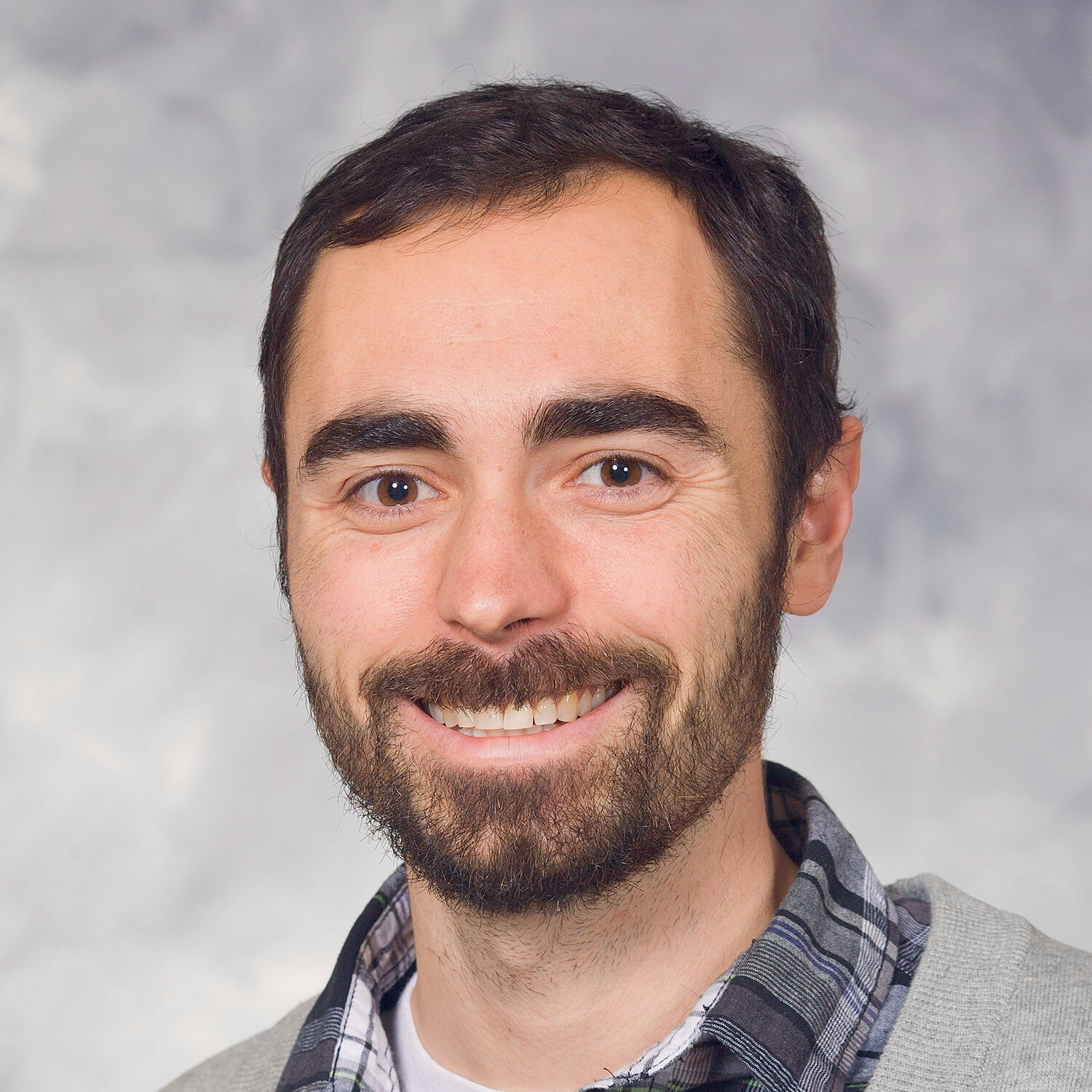
Virgil C. Aldrich Faculty Fellowship

The Bombay Africans and the Exploration of East Africa is a history of Africa’s exploration in the nineteenth century from the perspective of the liberated Africans who worked as headmen and interpreters on British expeditions. In both scholarly and popular literature, the history of African exploration focuses on the European men that led expeditions, among them David Livingstone, Richard Francis Burton, and John Hanning Speke. My book, by contrast, looks at this moment of nascent imperialism in East Africa through the lens of a group of African intermediaries known as the “Bombay Africans.” The Bombay Africans were former slaves from East-Central Africa who were liberated and then educated in India. They later returned to Africa to join British geographical expeditions. As a historian of precolonial Africa, I aim to situate this story of expeditionary geography and Britain’s changing imperial relations with East Africa within a transregional African social history. By using the Bombay Africans’ biographies to study the expeditions—and intersecting developments like missionizing and abolition—my book project reassesses shifting global relationships in eastern and central Africa through the lens of African concepts of clientage, labor, masculinity, and religion and ritual.
David P. Bresnahan is an assistant professor of history at the University of Utah. His research focuses on East Africa’s historical connections to the Indian Ocean world during periods spanning the first millennium to the nineteenth century. He is the author of Inland from Mombasa: East Africa and the Making of the Indian Ocean World (University of California Press, 2025). He has published essays in the Journal of World History, the International Journal of African Historical Studies, and the Journal of Eastern African Studies, as well as public-facing venues like Edge Effects and World History Commons.
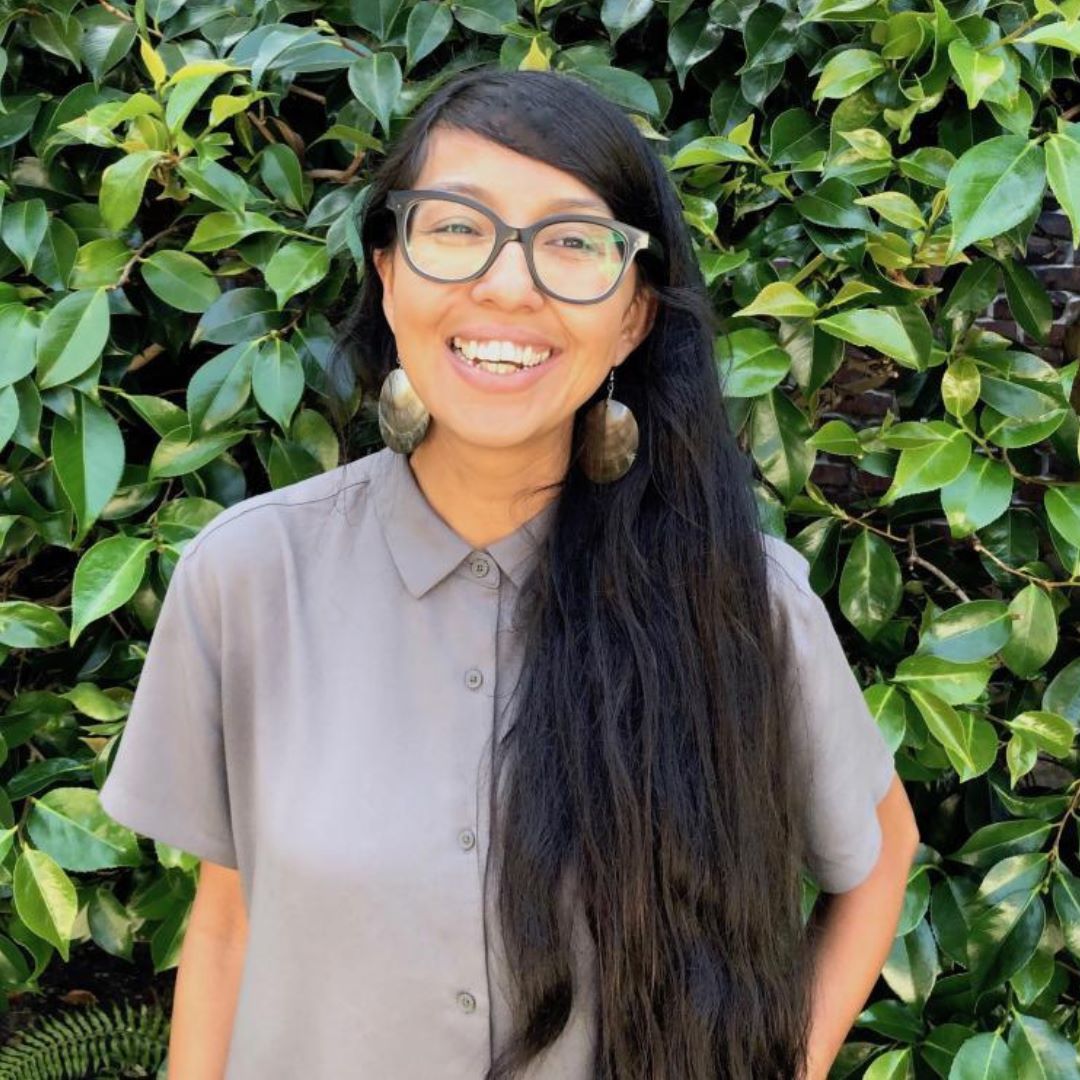
Annie Clark Tanner Teaching & Research Fellowship in Environmental Humanities

The Standing Rock Sioux’s 2016 fight against the Dakota Access pipeline garnered a torrent of mass media and scholarly attention and situated oil and gas development (OGD) as an environmental justice (EJ) issue impeding Indigenous sovereignty (Estes 2019). Yet, multiple tribal nations currently rely on OGD for revenue and their perspectives remain largely unexamined by scholarly research. The Ute Tribe has been leasing land on their 1.2-million-acre Reservation in northeastern Utah for OGD since 1949 (“Notice of Lease Sale” 1949). Revenue from leasing has lifted the Tribe out of poverty and positioned OGD as its primary expression of sovereignty. However, the permitting process for a well on the Reservation involves a tangled web of environmental approvals from multiple federal agencies whose decision-making processes do not include the Tribe. As a result, environmental management has become a deeply contested political space, undergirded by issues of Ute sovereignty and EJ. In recent years production has moved from the remote periphery to close proximity with Tribal communities and is increasingly affecting life on the Reservation (UDOGM 2019). Tribal members have seen wells creep closer to waterways and ceremonial sites and air quality monitors on the Reservation have recorded unhealthy levels of ozone (Lyman and Tran 2015), a pollutant known to aggravate heart and lung conditions and cause premature death (EPA 2019). My research examines how Tribal members make sense of our1 complicated dependence on oil and gas in light of its EJ repercussions and asks how Tribal entanglement with oil and gas has shaped who we are as Nuchew2 (Ute people), our relationships to land, and our conceptions of sovereignty.
Ataya is an enrolled citizen of the Fort Peck Sioux and Assiniboine Tribes and a descendant of the northern Ute Tribe from the Uintah and Ouray Reservation in northeastern Utah.Prior to starting her PhD at Berkeley, Ataya worked for the Ute Tribe and later the Bureau of Indian Affairs as an environmental protection specialist. In this position she reviewed agency NEPA documents assessing the environmental impacts from proposed oil and gas wells cited on Tribal lands. During the five years she spent doing this work, she identified tensions between Tribal sovereignty and federal environmental oversight, particularly around air quality regulation. Her research seeks to better understand these dynamics and address the resulting public health concerns. Ataya is passionate about revitalizing the Ute language and is pursuing a designated emphasis in Indigenous Language Revitalization to strengthen her community's language curriculum and anchor her work in Ute epistemologies.
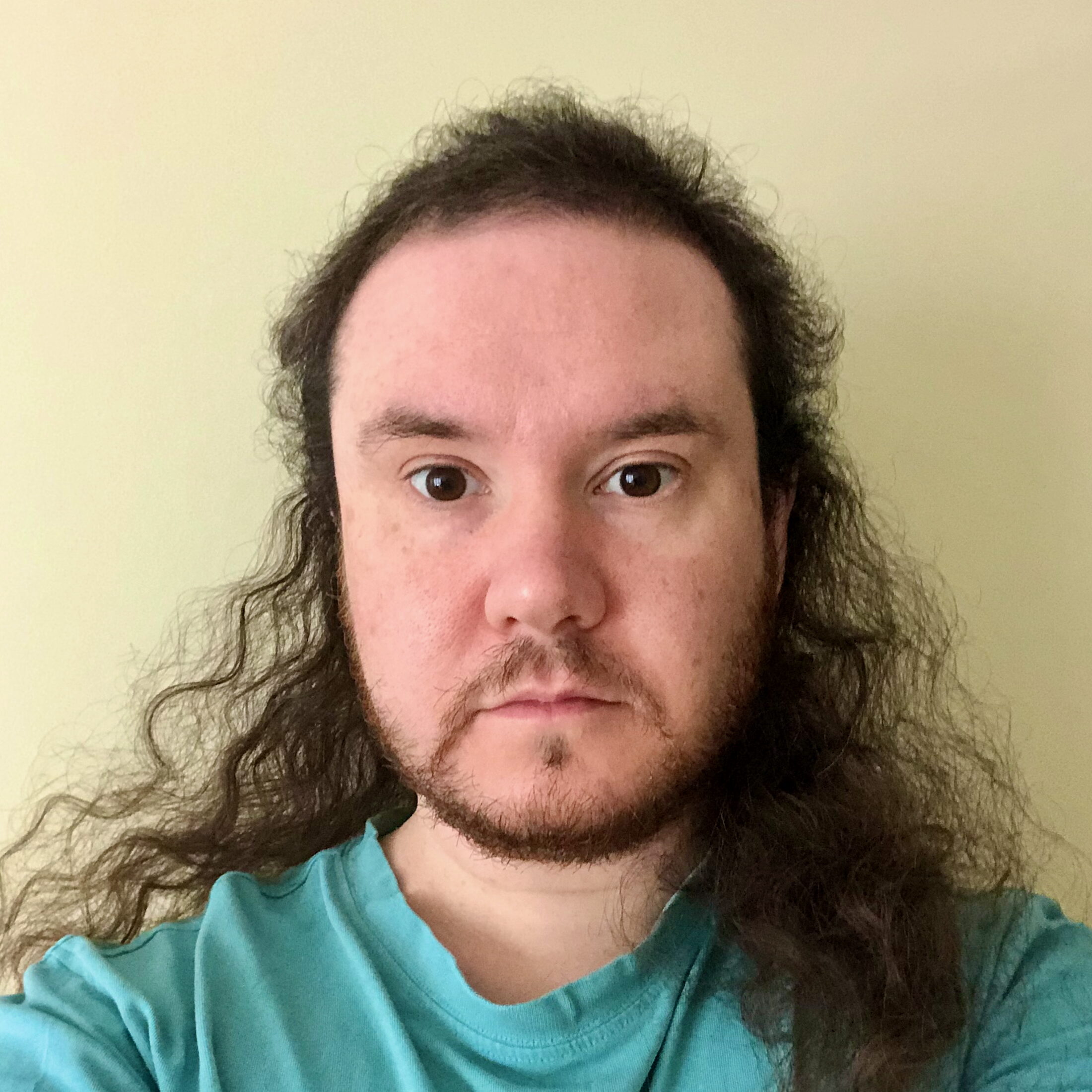
Virgil C. Aldrich Faculty Fellowship

A wide array of medieval texts discuss gender norms, gendered embodiments, and what we now call gender identity in complex and flexible ways. These sources range from hagiographic works describing saints assigned female at birth who chose to live as monks, to literary representations of pregnant men, to medical, theological, and philosophical treatises. The Trans Middle Ages examines representations of gender transition and transformation in medieval French literary texts through the lens of modern trans theory. The project blends creative, theoretical, and political engagements with medieval literature and its modern afterlives. The texts under discussion are examined as revealing reflections of medieval cultural narratives about gender and identity, “nature” and “deviance.” These sources then become sites of active modern engagement from which productive new trans readings emerge. This urgently significant project contests widespread, politicized claims that transgender existence is a fundamentally contemporary phenomenon, so new that it can simply be shut down. Such arguments rest on the conviction that gender transition was both impossible and unimaginable before the advent of modern medical transition technologies; my sources show this notion to be glaringly inaccurate. Further, by interrogating medieval French portrayals of normative gender, the project counters claims that cisgender identity is monolithic, self-evident, and temporally stable. The contingency of contemporary conceptions of gender is thereby made manifest.
Dr. Blake Gutt (Ph.D., University of Cambridge) is an assistant professor of French at the University of Utah, where he teaches literature surveys as well as classes on medieval saints and their veneration, marvels and miracles, and the Holy Grail. His research addresses thirteenth- and fourteenth-century French and Occitan secular literature, hagiography, visual culture, and queer and trans theory. With Alicia Spencer-Hall, Blake co-edited Trans and Genderqueer Subjects in Medieval Hagiography (Amsterdam University Press, 2021), which was a 2022 Lambda Literary Awards finalist. He is a general editor, alongside Greta LaFleur and Emily Skidmore, of the forthcoming six-volume series A Cultural History of Trans Lives (Bloomsbury, 2028). Blake’s work on the trans Middle Ages has been published in Exemplaria, Medieval Feminist Forum, and postmedieval, and is forthcoming in Speculum. The working title of his monograph-in-progress is The Trans Middle Ages.

Graduate Research Fellowship

Beauty deeply engages us; we visit national parks, watch movies, decorate our homes, and play games. But in much of the conversation of the past one-hundred years, experiences of beauty are often discussed as if they are the exclusive domain of those who can rattle off the Dutch Masters or those who “get” jazz. The theory of beauty proposed by Simone Weil, a philosopher and activist of the mid-20th century, has the power to transform this exclusionary approach to aesthetic life. Yet, her theory has not been fully articulated in the scholarly literature. In this project, I reconstruct a Weil-inspired theory of beauty and apply it to modern issues in the philosophy of art and aesthetics.There are two distinct methodologies at work in my Tanner project. One is a historical methodology in which I consult the works that have the most profound impact on Weil and use these to offer an interpretation of her own texts. The second methodology takes on a broader scope, abstracting the main facets of Weil’s theory to speak to modern issues in philosophy of art. Both methodologies serve the objective of advancing Weil’s theory where the literature is deeply in need of new ideas, diverse voices, and promising solutions to the problem of elitism and gatekeeping in aesthetic life.
Emma Heflin is a PhD candidate in the Department of Philosophy at the University of Utah. She has presented her research on Simone Weil’s aesthetics at the American Society for Aesthetics in 2022, 2023, and 2024, where she has won awards such as Graduate Student Best Paper. Most recently, she received a fellowship to pursue humanities professionalization at the National Humanities Center Graduate Student Summer Residency program. She looks forward to using her time at the Tanner Humanities center to submit her research for publication.
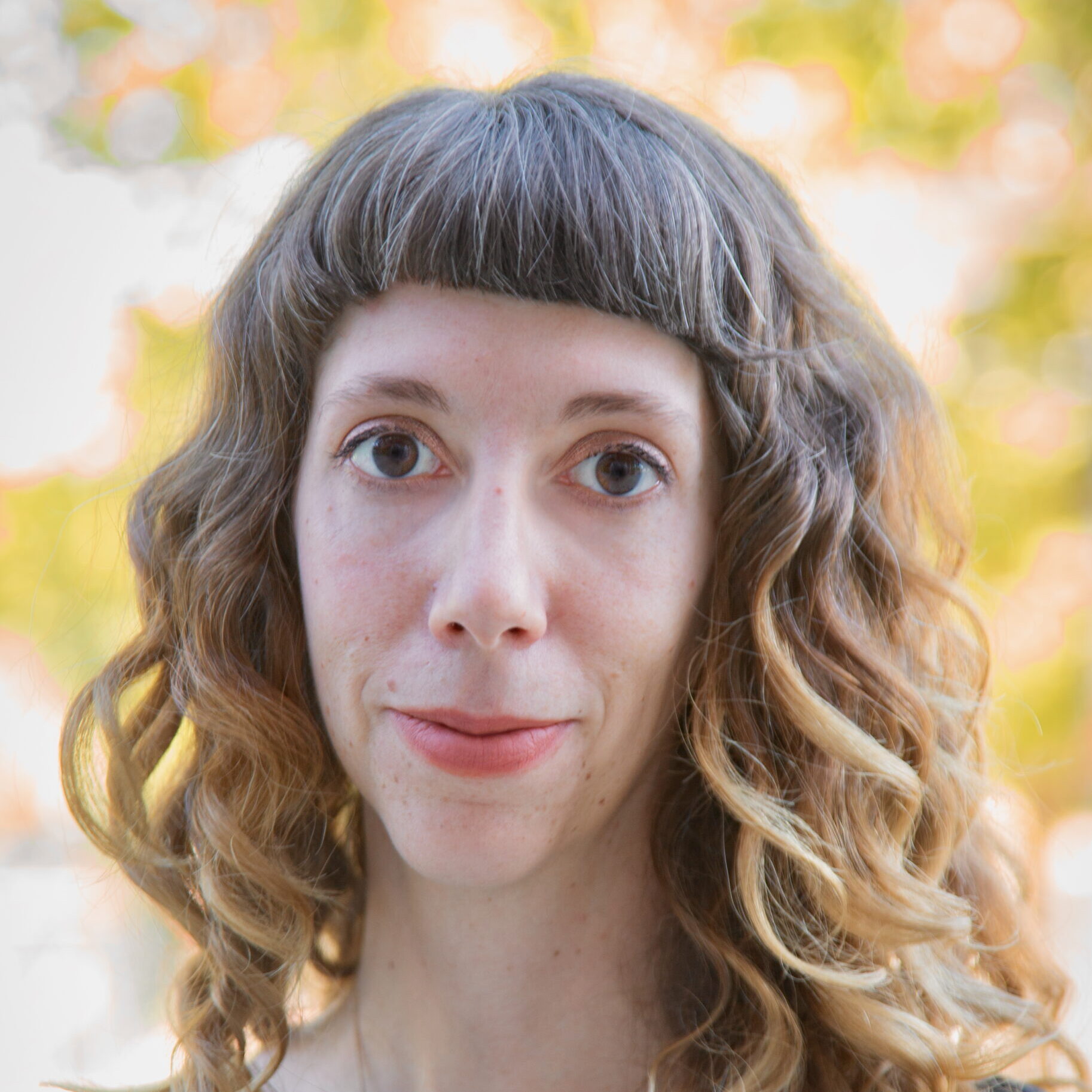
Graduate Research Fellowship

Another World is Possible analyzes anarchist mutual aid organizing during the rise and decline of the modern American welfare state (1896-1996). I examine how anarchist critiques of the government led to the creation of robust, sophisticated, and long-lasting projects that operated in stark contrast to the burgeoning American welfare state of the twentieth century. My project focuses on five areas— health care, education, political prisoner support, food insecurity, and homelessness—to show how anarchist organizers positioned themselves as an alternative to state-based and privately-run charitable organizations and how they used mutual aid to implement a radical vision for a new society.
Juli Huddleston is a Ph.D. candidate in the Department of History at the University of Utah. She studies post-1865 U.S. history and specializes in subaltern history, women’s history, and the history of the American West. Before pursuing her doctorate, Juli worked as an archivist at the J. Williard Marriott Library Special Collections. She holds an MLIS with an emphasis in Archival Studies from the University of Wisconsin-Milwaukee.
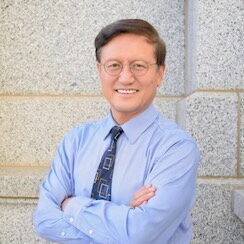
Virgil C. Aldrich Faculty Fellowship

In 1602, the Italian Jesuit Matteo Ricci (1552-1610) published a woodblock printed mappamondo in Chinese titled 《坤輿萬國全圖》 (kunyu wanguo quantu) or A Complete Geographical Map of Ten Thousand Countries. This map places China at the center, thus making it literally the “Middle Kingdom” (中國 zhongguo), even though its European source map in the Flemish cartographer Abraham Ortelius’s Theatrum orbis terrarum(1570) has China on its eastern edge and even though Ricci wanted to disabuse the Chinese of this China-centered configuration of the earth. What do we make of Ricci’s 1602 map or this apparent contradiction? Does it mean that Ricci the cartographer had accommodated himself to this Chinese cosmology? Could it also mean that Ricci the Jesuit had by 1602 engineered a spatial and epistemic break from the Vatican and become “a Chinese among the Chinese?” Still, could this map exemplify Ricci as the rhetorician negotiating between accommodation and acculturation, between Confucianism and Western Christendom, and between China and Western modernity? This project, rhetorical and interdisciplinary, explores these questions in depth and argues that the 1602 mappamondo, together with his pastoral work from his arrival in southern China in 1583 to his death in Beijing in 1610, projected a “modern” world—part of emerging Eurocentric modernity and universalism through colonialism and coloniality—in which Ricci the colonizer advanced his proselytizing design to serve his greater Christian Lord of Heaven (天主 tianzhu).
LuMing Mao is Professor in the Department of Writing and Rhetoric Studies and Asian Center Faculty Affiliate at the University of Utah. A scholar in comparative and global rhetoric, Asian/Asian American rhetoric, Chinese rhetoric, and histories of rhetoric, Mao was named a Distinguished Scholar by Miami University in 2015 and served as the Peter and Margaret D'Angelo Endowed Chair in the Humanities at St. John's University and the Thomas R. Watson Distinguished Visiting Professor at the University of Louisville. Mao is the author of Reading Chinese Fortune Cookie: The Making of Chinese American Rhetoric and a Chinese edition with a new introduction published by Fudan University Press. He edited Comparative Rhetoric: Traversing Rhetorical Times, Places, and Spaces and co-edited Representations: Doing Asian American Rhetoric. He was also editor or co-editor of many special issues and symposia in journals, including College Composition and Communication, College English, Contemporary Rhetoric, Rhetoric Review, and Rhetoric Society Quarterly. His forthcoming works include two co-edited collections: The Norton Anthology of Rhetoric and Writing and The Cambridge History of Rhetoric, Vol 5, Modern Rhetoric After 1900. Mao has also been a guest speaker at many universities and colleges both at home and abroad.
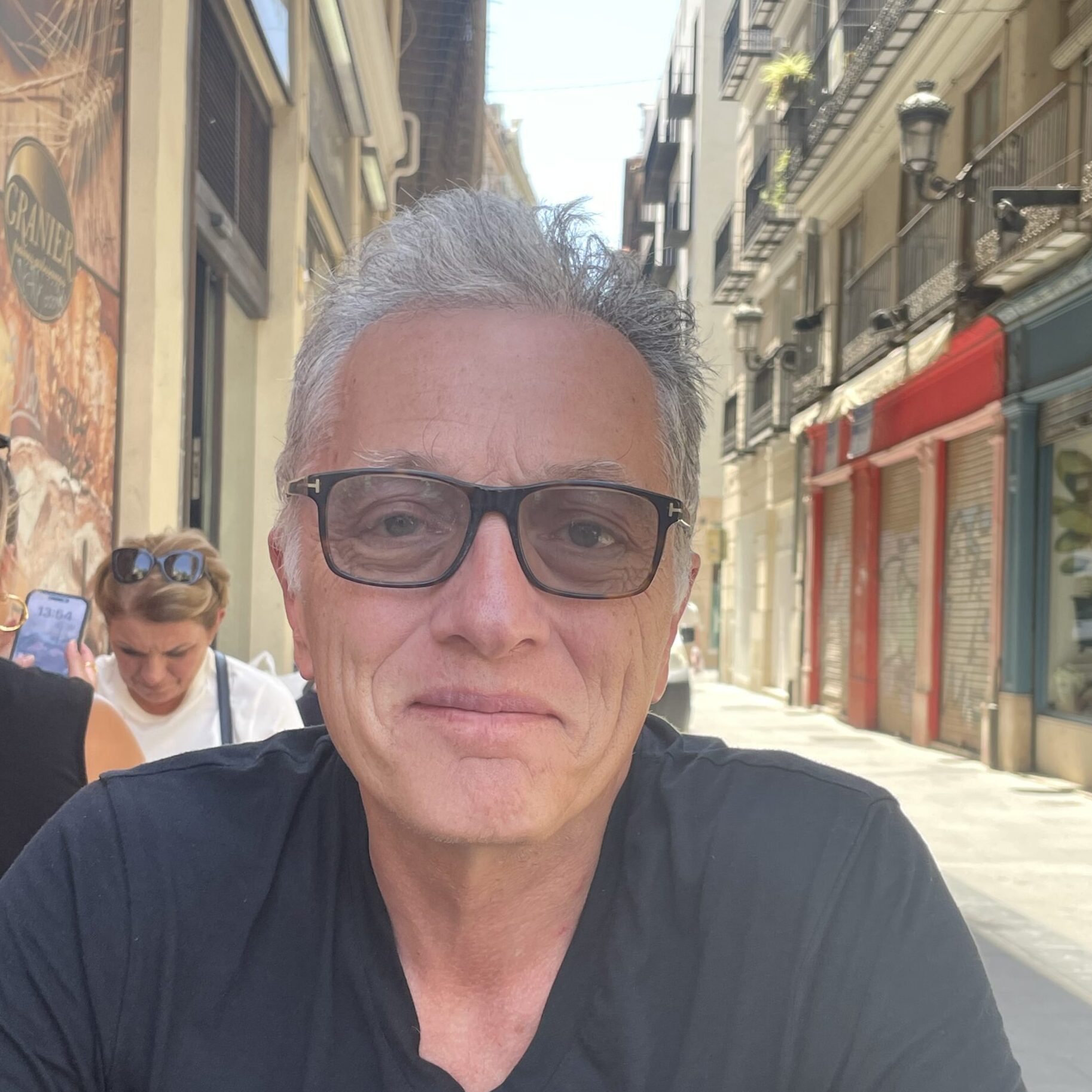
Obert C. and Grace A. Tanner Humanities Center Visiting Research Fellowship

This project conceives of the 1974 Portuguese revolution as a pivotal historical and geo-cinematic event. Filmed firstly as it unfolded on the streets of the country’s cities and rural estates in the days and months following the initial military coup d’etat, more than fifty years later its traces remain and shape much contemporary filmmaking in Portugal. Meanwhile Portugal’s former African colonies whose armed resistance inspired the Portuguese revolution, also produced a body of filmic work (features, documentaries, and newsreel). An important component of the book that will result from this research concerns how the films of Lusophone African and those of the 1974 revolution in the Portuguese metropolis overlap, inflect, and entwine with one another.
Steven Marsh is Professor of Iberian studies and film at the University of Illinois, Chicago. He is the author of two monographs: Popular Film Under Franco: Comedy and the Weakening of the State (Palgrave 2006); and Spanish Film Against Itself: Cosmopolitanism, Experimentation, Militancy (Indiana University Press, 2020), translated into Spanish as El cine español contra sí mismo: Cosmopolitismo, experimentación, militancia (Cátedra, 2022). He has published many articles on Spanish film and politics. He is a member of the Editorial Collective of The Journal of Spanish Cultural Studies.
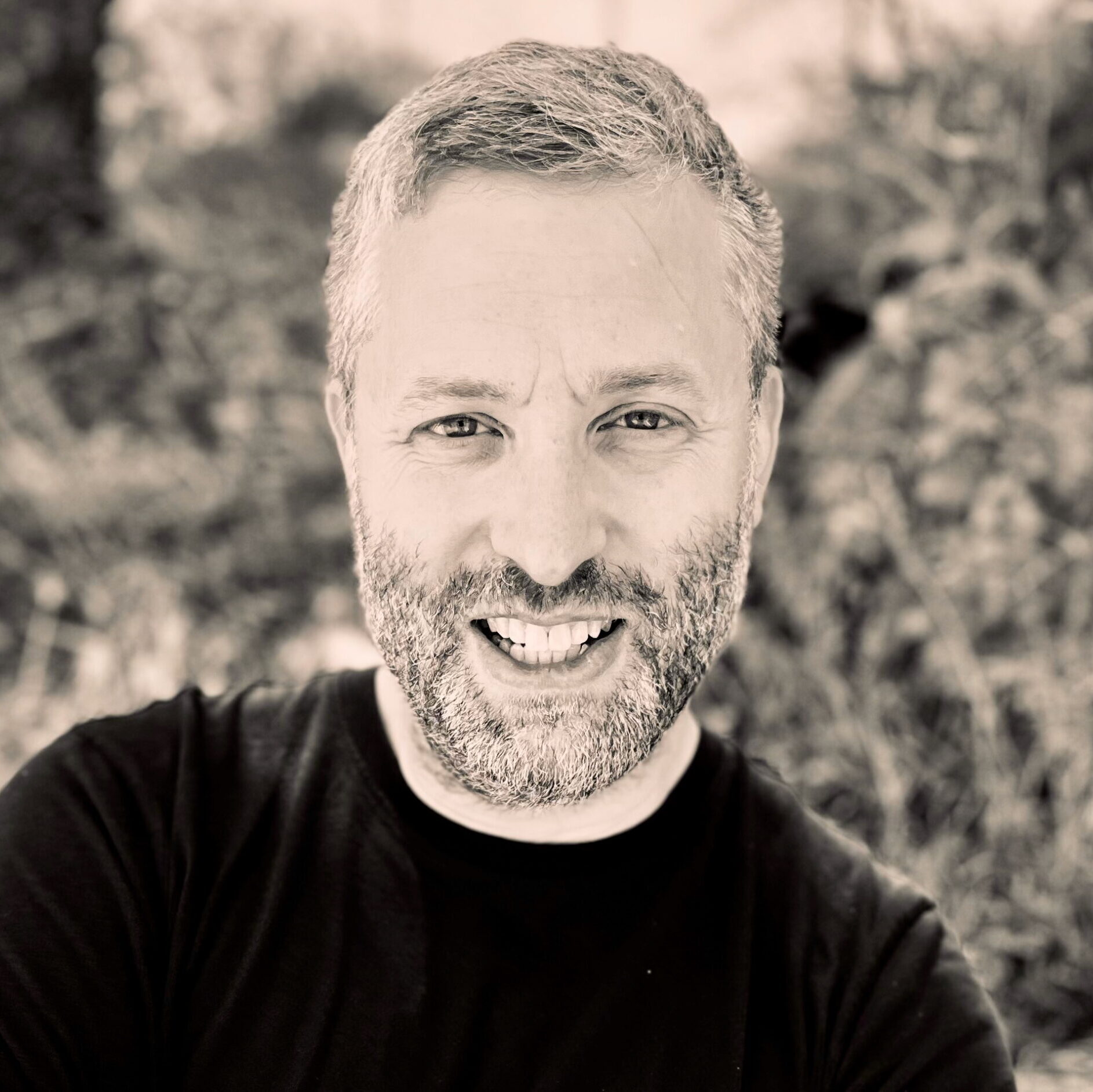
Career Line Fellowship

Think about the big decisions you’ll make over the course of a lifetime: To have a child or not, to pursue a passion for musical theater or become an accountant, to stop treatment for cancer, to forgive a friend, to break up with a lover. These are some classic hard choices, transformational decisions that shape our lives in profound and ongoing ways. But what makes the right choice, if such a thing is even possible? How should one think about these decisions over time? This interdisciplinary book begins by exploring similar questions that motivate philosophers and writers such as Ruth Chang, L.A Paul, and Adam Philips but evolves to explore more personal terrain around my own family’s decisions around medical care for our child. As a poet and nonfiction writer I’m deeply interested in these moments of decision and what they suggest about agency, identity, and transformation. I’m interested in both the process of deciding as well as the ways in which these choices are described in popular culture–the trope of the multiverse, for example–as well as what artists, from Caravaggio to Andy Goldsworthy, show us about the nature of hard choices. On Hard Choices blends memoir, cultural criticism, art writing, and research to explore the nature of choices and the messy, complex, and often revealing process of decision making.
Joshua Rivkin is the author of two books, Suitor: Poems (Red Hen) and Chalk: The Art and Erasure of Cy Twombly (Melville House), a New York Times Book Review Editor’s Choice and finalist for 2019 PEN/Jacqueline Bograd Weld Award for Biography and a finalist for the National Award for Arts Writing. His poems and essays have appeared in the New Yorker, Georgia Review, Southern Review, Virginia Quarterly Review, and Best New Poets. He has received fellowships and awards from the Sustainable Arts Foundation, Ucross Foundation, the Fine Arts Work Center in Provincetown, the Bread Loaf Writers’ Conference and a Wallace Stegner Fellowship in Poetry from Stanford University. A former Fulbright Fellow in Rome, Italy, he has been a Resident Associate at the National Humanities Center and a visiting fellow at the Institute for Advanced Studies in the Humanities at the University of Edinburgh. An Assistant Professor (Lecturer) at the University of Utah, he lives in Salt Lake City, Utah with his family. He is currently working on a creative nonfiction book project that explores the idea of hard choices and transformational experiences.
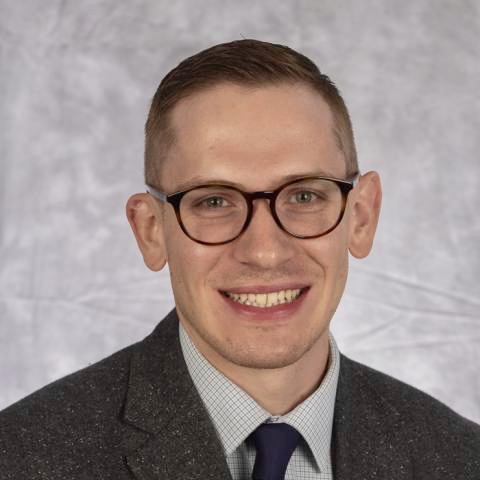
Mormon Studies Graduate Research Fellowship

My dissertation contends that American Jews, American Mormons, and Black Christian nationalists all constructed their versions of religious nationalism after the end of World War II. These groups laid claim to a peculiar and exceptional identity within the United States, often in response to exclusion by the broader white, Protestant culture around them. They each developed their notion of sacred nationhood, believing themselves to be a chosen nation within the United States. They wrestled with how to align these ideas of exceptional group identity with American citizenship, sacralizing the American state while at other times critiquing it. Central to this process was constructing, identifying, and maintaining separate and sacred spaces and geographies at different locations within the United States. By the time of the 1976 Bicentennial, the proclaimed “year of the evangelical,” each of these groups had a complex relationship with the United States—seeing it as something anywhere between a new promised land, a temporary state, a practical tool for achieving certain rights, or a failed experiment founded upon oppression. In each of these cases, these groups narrated their sacred history, constructed a sense of exceptional religious citizenship within a nation-state, praised and critiqued the postwar United States, and attached themselves to geographies that provided them an “Alternative Zion.” Ultimately, these three groups show that American religious nationalism was not an exclusively white, Christian, or evangelical phenomenon.
Nicholas Shrum is a PhD Candidate in Religious Studies at the University of Virginia, where he studies postwar American religious nationalism. He earned an MA in Religion from Yale Divinity School and a BA in American Studies from Brigham Young University. His work has appeared in Dialogue: A Journal of Mormon Thought, Journal of Mormon History, Latter-day Saint Historical Studies, and The Conversation. His 2024 article with Dialogue, "Materializing Faith and Politics: The Unseen Power of the NCCS Pocket Constitution in American Religion," was awarded the Mormon Historical Association's “Best Article Award.” He is also the host of the UVA Mormon Studies podcast “Scholars & Saints.”
